summary
The statins or 3-hydroxy-3-methylglutaryl-coenzyme A reductase (HMG-CoA reductase) inhibitors are the most effective drugs in lowering serum low density lipoprotein (LDL) concentration. They decrease cardiovascular morbidity and mortality of hypercholesterolemic patients, even in primary prevention. Large controlled prospective studies have shown that statins as a group improve the prognosis of coronary heart disease (CHD) patients. The HMG-CoA reductase inhibitors affect competitively the early key enzyme of the mevalonate pathway (Fig. 1), thus inhibiting the synthesis of cholesterol and other non-sterol end products. One of them is coenzyme Q10 (2,3-dimethoxy-5-methyl-6-decaprenyl benzoquinone), also known as ubiquinone. It may be estimated that on a normal diet, 60% of plasma ubiquinone is endogenous.
additional information
A randomized, double-masked, placebo-controlled cross-over trial was carried out to evaluate whether ubiquinone supplementation (180 mg daily) corrects impaired defence against initiation of oxidation of low density lipoprotein (LDL) related to effective (60 mg daily) lovastatin treatment. Nineteen men with coronary heart disease and hypercholesterolemia received lovastatin with or without ubiquinone during 6-week periods after wash-out. The depletion times for LDL ubiquinol and reduced alpha-tocopherol were determined during oxidation induced by 2,2-azobis(2,4-dimethylvaleronitrile) (AMVN). Copper-mediated oxidation of LDL isolated by rapid density-gradient ultracentrifugation was used to measure the lag time to the propagation phase of conjugated diene formation. Compared to mere lovastatin therapy, ubiquinone supplementation lead to a 4.4-fold concentration of LDL ubiquinol (P < 0.0001). In spite of the 49% lengthening in depletion time (P < 0.0001) of LDL ubiquinol, the lag time in copper-mediated oxidation increased only by 5% (P = 0.02). Ubiquinone loading had no statistically significant effect on LDL alpha-tocopherol redox kinetics during high radical flux ex vivo. The faster depletion of LDL ubiquinol and shortened lag time in conjugated diene formation during high-dose lovastatin therapy may, at least partially, be restored with ubiquinone supplementation. However, the observed improvement in LDL antioxidative capacity was scarce, and the clinical relevance of ubiquinone supplementation during statin therapy remains open.
LINK - http://www.ncbi.nlm.nih.gov/pubmed/9684746
